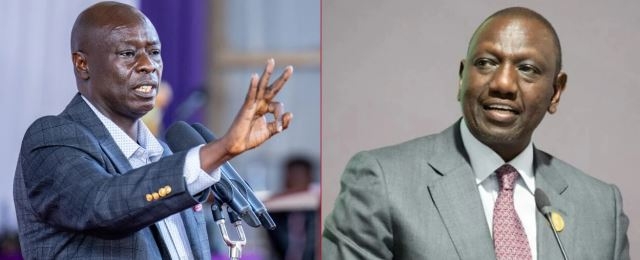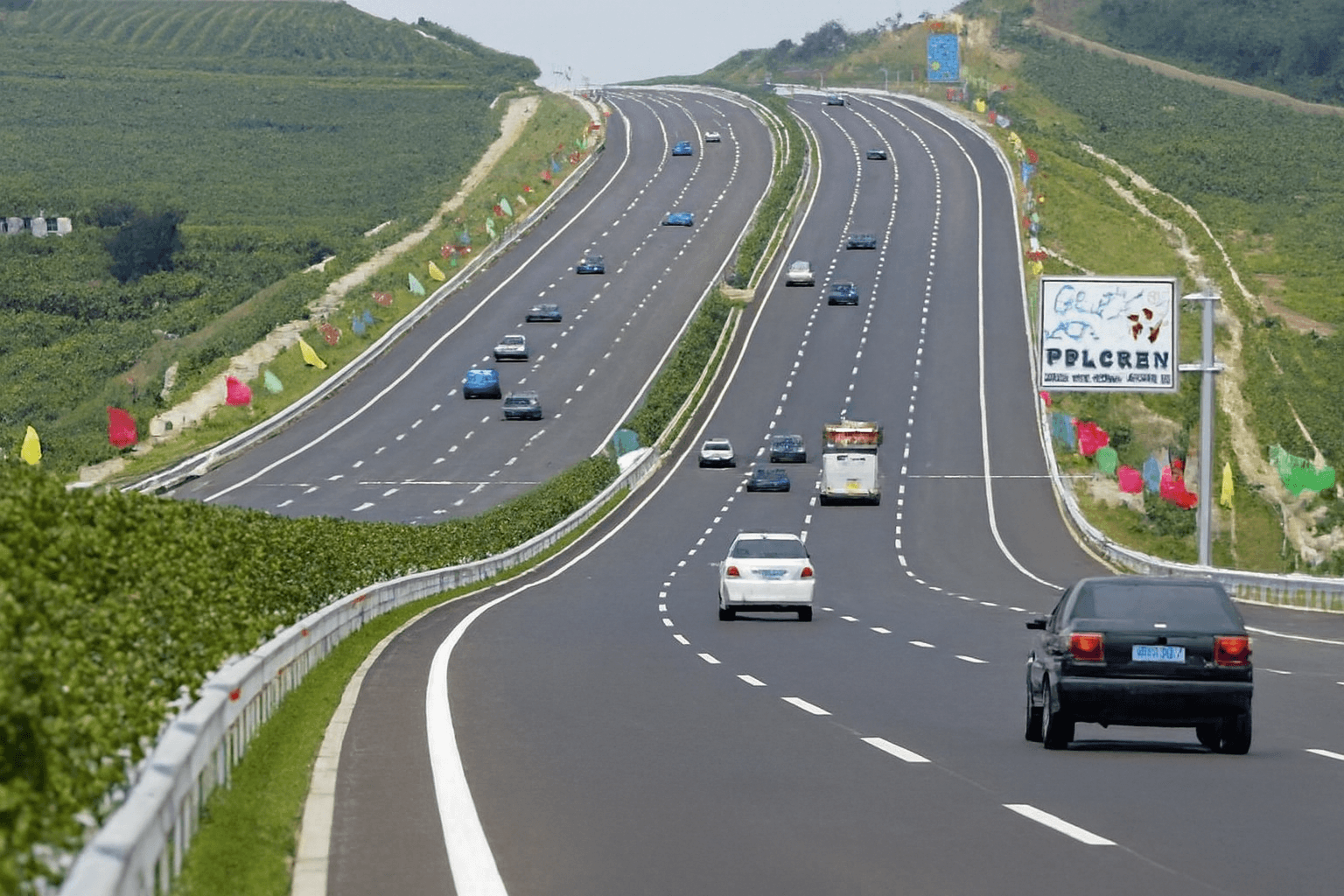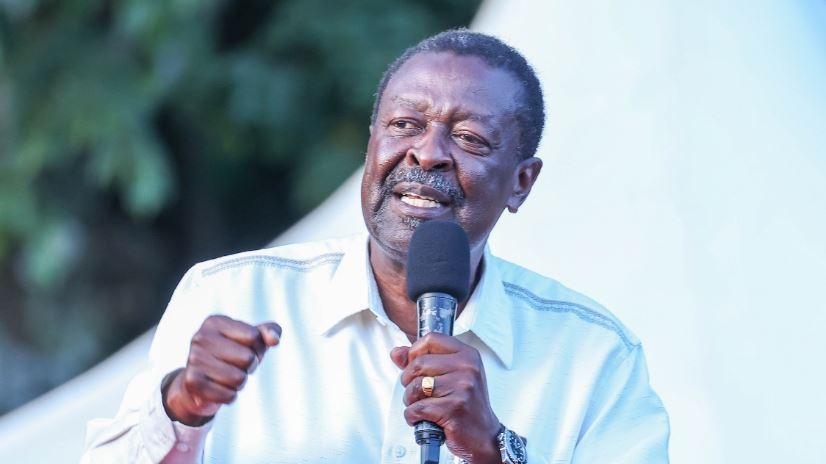In recent times, there has been a notable surge in anti-gay laws in Africa. In November 2023, the HIV Policy Lab published a study highlighting anti-gay laws as one of the major barriers in the fight against HIV-Aids.
The Joint United Nations Programme on HIV-Aids (UNAIDS) reported that lesbian, gay, bisexual, transgender, queer and intersex individuals (LGBTQI+) are at a higher risk of acquiring HIVAids.
Anti-gay laws limit LGBTQI+ individuals from accessing HIV-Aids prevention and treatment measures. This limitation to healthcare is considered an abuse of the basic human rights to health, as highlighted by the African Commission on Human and Peoples’ Rights.
To reduce the spread of HIV-Aids in Africa, the African states should provide accessible HIV-Aids healthcare to LGBTQI+ individuals. The government should also provide legal protections and policies safeguarding LGBTQI+ people and community healthcare workers and repeal the anti-gay laws.
LGBTQI+ individuals are unable to access HIV-Aids healthcare due to discrimination and stigmatisation in health institutions. The fear of discrimination and exposure of their identity prevents individuals living with HIV-Aids from accessing clinics or seeking help from healthcare workers.
Just as South Africa is known to protect LGBTQI+ individuals from unfair treatment based on its constitution, other African governments must protect LGBTQI+ individuals from discrimination and safeguard their identity by implementing anti-discriminatory laws.
African states should collaborate with national and international health bodies, including human rights organisations focusing on sexual rights like the UNAIDS and the World Health Organization.
These health bodies can work together to promote accessible HIV-Aids healthcare services for LGBTQI+ individuals through the sensitisation of healthcare professionals on the need to provide services to minoritised individuals without bias.
Healthcare workers who provide HIV-Aids treatments and services are at risk of attack and arrest in African countries with established anti-gay laws. African governments must work with security agencies to protect these healthcare workers who offer services to LGBTQI+ individuals.
Security agencies should provide basic security training to healthcare workers and possibly deploy security agents to accompany healthcare workers who render services in high-risk areas. This measure will help to address the spread of HIV-Aids at the community level and on a larger scale.
The criminalisation of same-sex relationships is an obstacle to the elimination of HIV-Aids in Africa. Anti-gay legislation has been linked to an increased HIV rate among men in Africa who have sex with other men. In countries where same-sex relationships are criminalised, HIV prevalence is 24.8 higher in men who have sex with men in Africa.
The legislatures in African states where same-sex relationships are criminalised should review the anti-gay laws in their country and move for the decriminalisation of such relationships.
Repealing anti-gay laws would help bring down barriers that are impeding the fight against HIV-Aids amongst LGBTQI+ individuals in Africa by addressing stigma and discrimination. When people feel safe and accepted, they are more likely to access healthcare services and adhere to treatment, thereby reducing the spread of HIV-Aids.
Every individual deserves quality healthcare services, regardless of their sexual orientation or gender identity. African governments should rethink the discriminatory laws and policies that impede the healthcare access of LGBTQI+ individuals.
The African Commission on Human and Peoples’ Rights and other human rights organisations in Africa should work together and protect the healthcare rights of individuals in the continent, including LGBTQI+ groups. These efforts need to be implemented for HIV-Aids eradication in Africa.
Writing fellow, African Liberty
















![[PHOTOS] Family, friends receive body of Raila’s sister, Beryl](/_next/image?url=https%3A%2F%2Fcdn.radioafrica.digital%2Fimage%2F2025%2F11%2Fdfe6a9bf-ede1-47a4-bdc0-4f564edb03dd.jpeg&w=3840&q=100)
